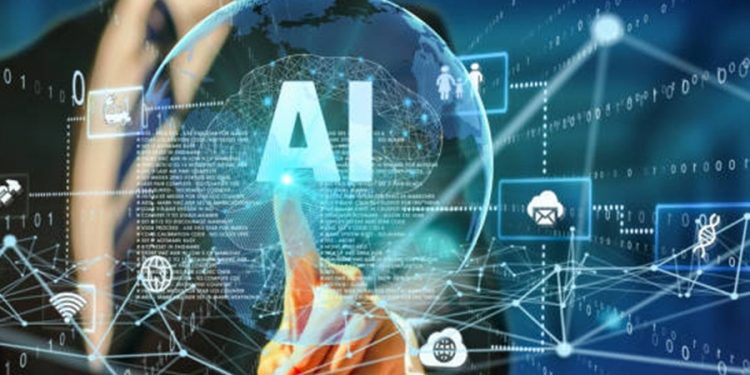Mumbai: From ChatGPT to Dall-E and all the technologies in between, the new wave of generative artificial intelligence (GenAI) is transforming businesses at a rapid pace, and 60 per cent of Indian executives are optimistic about its impact on workplace, as per a survey.
However, opinions vary by seniority and by country, according to the survey by Boston Consulting Group.
The survey is based on inputs from 12,800 employees from the executive suites to the frontline employees across industries in 18 countries.
As per the survey, Brazil (71 per cent) is the most optimistic country about the impact of GenAI on workplace followed by India (60 per cent) and the Middle East (58 per cent).
The least optimistic are the US (46 per cent), the Netherlands (44 per cent) and Japan (40 per cent).
Geographies most concerned about AI are the Netherlands (42 per cent), France (41 per cent), and Japan (38 per cent), while the least concerned are the Middle East (25 per cent), Brazil (19 per cent), and India (14 per cent),
As much as 61 per cent of the 1,000 respondents in India are optimistic about the tool while 72.8 per cent of them believe the rewards of GenAI outweigh risks.
Also, close to 88 per cent of respondents believe their job is likely to be transformed by AI and 80 per cent feel AI-specific regulations are necessary.
GenAI is a rapidly evolving space, and its transformative impact is already being felt in workplaces around the world, says Nicolas De Bellefonds, the global leader of AI and software at BCG X, BCG’s tech build and design unit.
As per the survey, 52 per cent of respondents are optimistic about AI’s impact on work, which was 35 per cent in 2018.
According to Nipun Kalra, managing director & partner, and head of BCG X in India, among the 18 countries surveyed, Indian executives are the most optimistic about the transformative impact of AI.
The survey also showed that senior leaders are more frequent users of generative AI, and thus are more optimistic and less concerned about it than frontline employees. While 62 per cent of leaders are optimistic about AI, only 42 per cent of frontline employees share that view.
Also, 62 per cent of regular users of GenAI are optimistic about it, compared to 36 per cent of non-users. A majority of leaders (80 per cent) report that they use GenAI tools regularly, compared with just 20 per cent of frontline employees.
Further, frontline employees made up the largest percentage of non-users (60 per cent).
Globally, more than a third of the respondents (36 per cent) think that their job is likely to be eliminated by AI and 86 per cent believe they will need skilling.
PTI







































